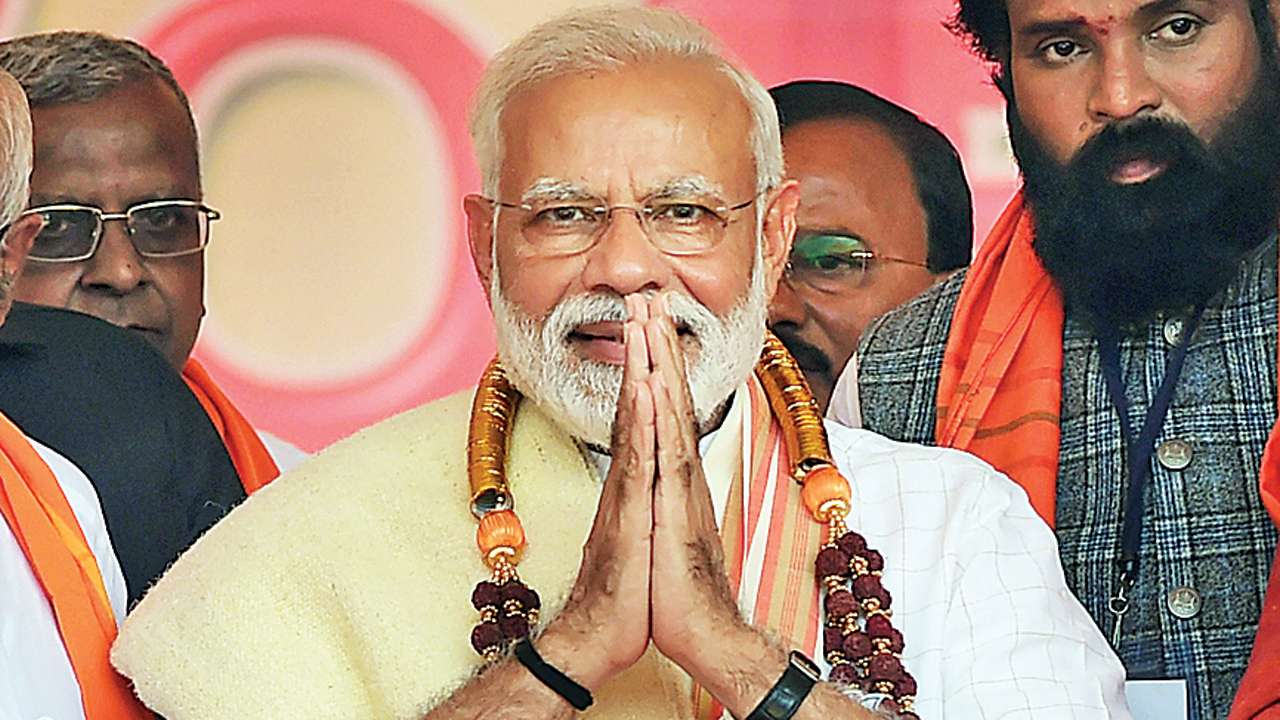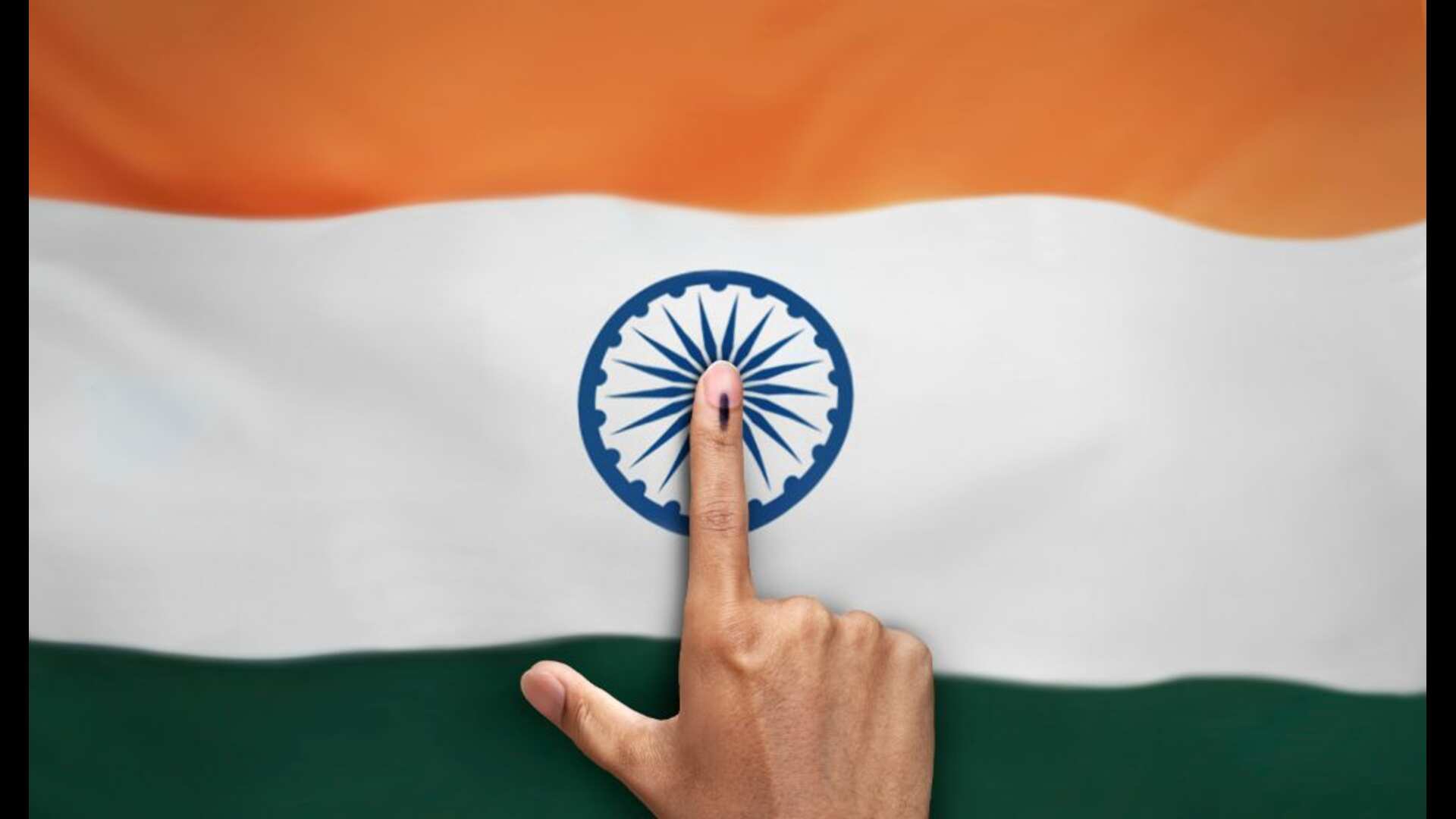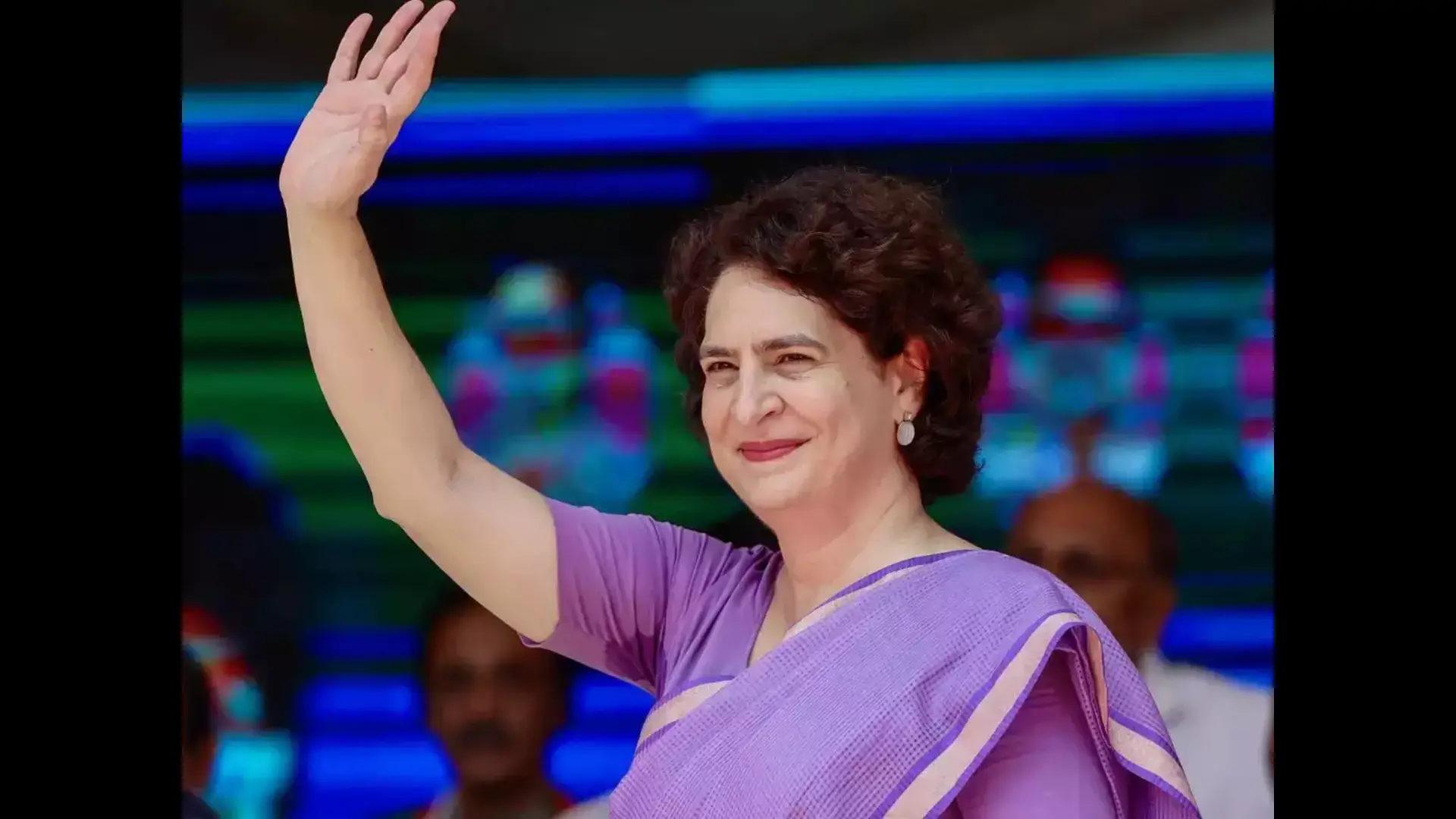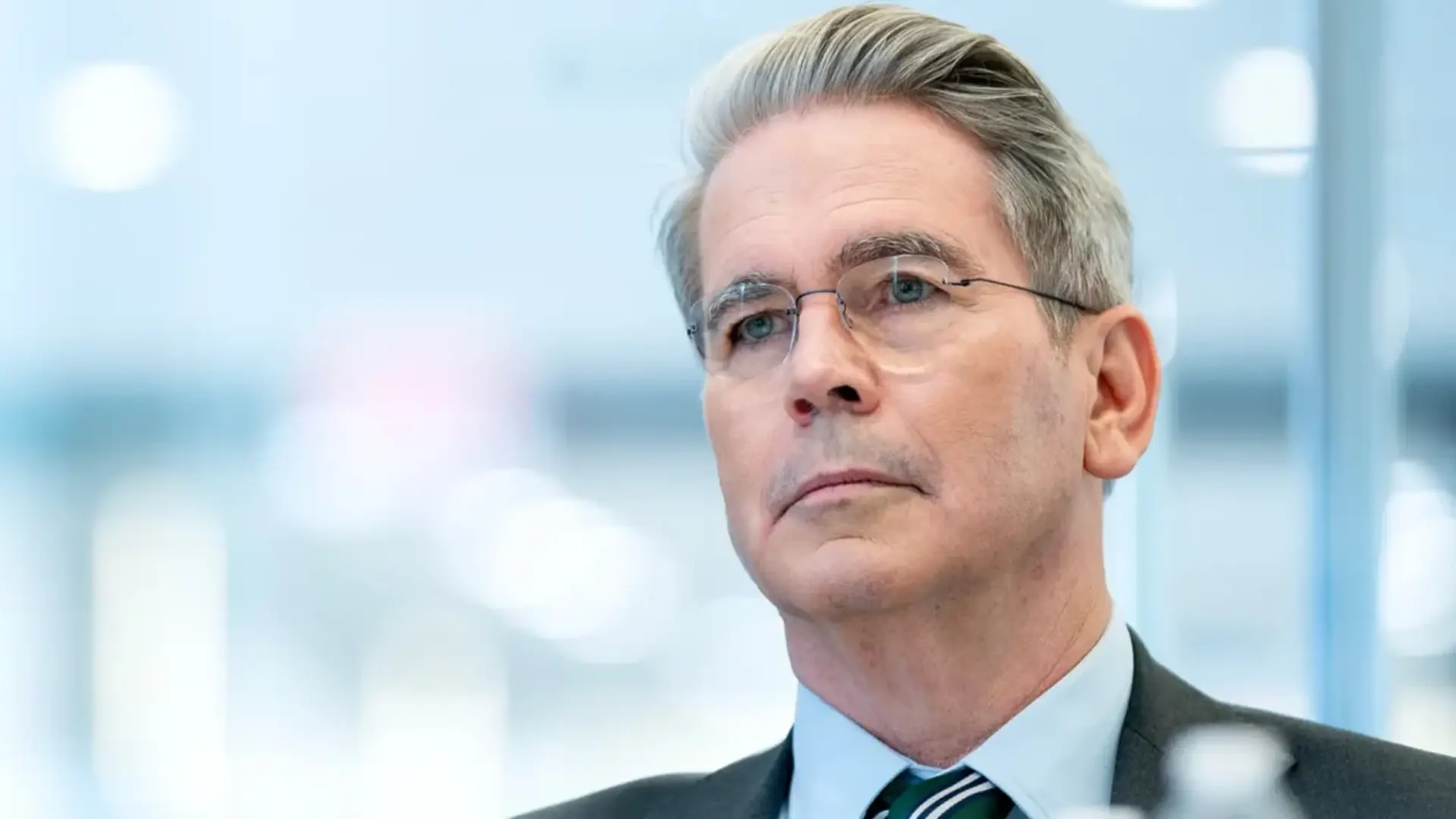
Cash-rich and heavyweight projects such as the 850 MW Ratle and 540 MW Kwar Hydroelectric Projects, the Banihal-Qazigund Road Tunnel (costing over Rs 3,100 crore), the Delhi-Amritsar-Katra Expressway, and the 500KW Solar Power Plant announced or inaugurated by PM Modi during his April 2022 visit are a sign the BJP considers Jammu and Kashmir crucial to its 2024 Lok Sabha strategy as well.
The party is laying greater emphasis on development, but political manoeuvring doesn’t remain in the back seat. The Delimitation Commission, set up by the Government of India in March 2020 to redraw Jammu and Kashmir’s electoral constituencies, gave its final award on 5th May 2022. It assigned 43 seats to Jammu region and 47 to Kashmir – a total of 90 seats for the UT’s assembly, up from its earlier strength of 83 (excluding four seats of Ladakh). Six out of the seven new seats were allotted to Jammu and one to Kashmir.
The panel’s final decision has redrawn the UT’s electoral map and disturbed the existing political contours of the region. The exercise has paved the way for the first Assembly election in the UT after a clear change in its geographical and political boundary when it last went to polls in 2014 as a unified state of Jammu and Kashmir. While Opposition parties, the NC and the PDP, are calling the Delimitation Commission’s decision a biased attempt to favour the BJP, the latter is calling it an attempt to correct past wrongs while keeping in mind present needs of the region and the UT and has already made the clarion call for the upcoming elections.















